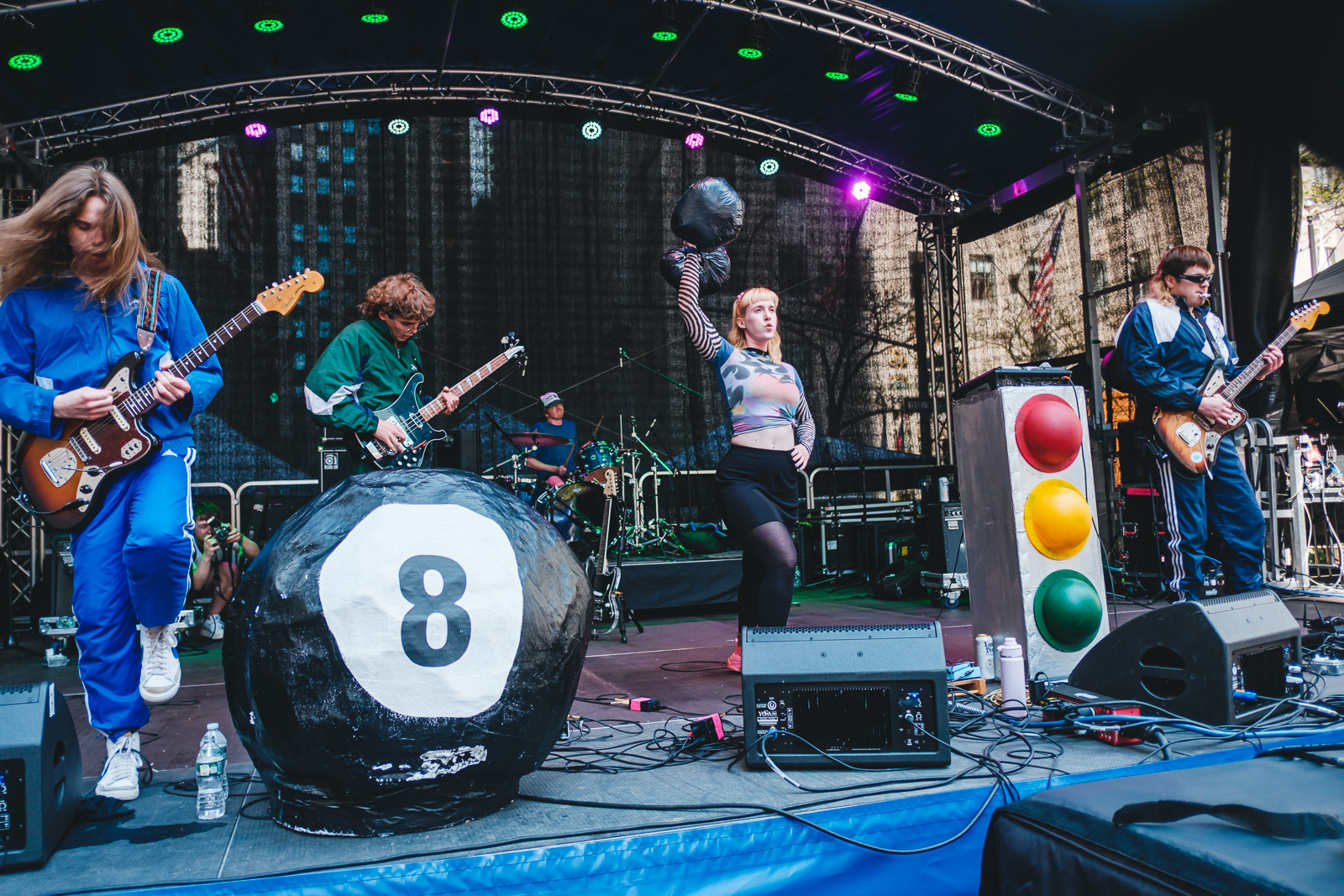
"Flowers of Evil": Ulver Bids You Welcome to Their Burning Synthpop Church
Ulver have proven one significant thing across the course of their almost 30-year career: they are master sonic shapeshifters, never quite content with doing anything more than once. A strong testament to this fact came in 2017, when, after dropping a Zodiac-themed ambient album the previous year, the cunning foursome threw a major curve with The Assassination of Julius Caesar. Oozing of resplendent, gothic beauty and topped by the majesty of frontman Kristoffer Rygg’s powerhouse vocals, the album was both a tribute to the classic synthpop of the 1980s and 1990s as well as a contemporary take on the style, wrapped meticulously with Ulver’s peculiar mythological flair.
Now, three years later, the band is ready to make their twisted synthpop vision even more immediate and impactful with Flowers of Evil.
…
…
On the surface, there isn’t really too much of a difference sound-wise between Flowers of Evil and its predecessor. Both are grounded in a warm, confidently inviting pop sound propelled by synths and Rygg’s vocals as the key ingredient. If anything, the new album is a bit heavier, less jam-oriented, and more streamlined than The Assassination of Julius Caesar — Flowers of Evil also features less of the experimental and droning ambiance present elsewhere in the Ulver discography. The band is now more grounded in conventional songwriting and making greater use of verse-chorus-verse structures.
If Flowers of Evil represents a more orthodox form of songwriting, by no means does this equate to the band having “sold out” or “lost their way” or anything of the like. On the contrary, despite being less abstract and avant-garde than some of their other releases, it is still unquestionably stamped with the Ulver aesthetic, but from more of a thematic angle than a musical one.
One of The Assassination of Julius Caesar‘s distinguishing aspects of was its “apocalyptic” aesthetic throughout. There was a pervasive sense of the End Times being upon the human race, imparted upon the listener through a sublime, electro-pop sound and lyrics singing about the fall of Rome, the reign of Nero, and similar topics. Flowers of Evil also embraces Armageddon-esque themes, this time manifested on a present-day level. The “festival of torches” and the “fall of Colossus” from The Assassination of Julius Caesar have now been replaced with Ulver calling for “one last dance in this burning church,” reminiscing on the atomic bombings of Japan, and talking of piercing our war weary bodies with “swords, machine guns, flowers, and peacock feathers.”
Significantly pop-oriented, Flowers of Evil also carries an underlying sense of groove to it as well, a hypnotic rhythm that makes the music almost irresistibly catchy and ensnaring. It wouldn’t be too much of a stretch to imagine dancing along to this new album, but due to the moody, melancholic nature of the lyrics, it would probably be a rather unusual dance: darkly mesmerizing, individualistic, and characterized by atypical body movement. Think of something along the lines of the dance scene in the forest from Yorgos Lanthimos’s The Lobster.
While not overly far off from the album preceding it, Flowers of Evil once again demonstrates Ulver’s ongoing commitment to the long-term refinement and evolution of their sound. As alluring as the band’s dreamy ambient material may be, in a way it’s actually more exciting to hear them shifting into this new synth-pop direction — a more familiar, mainstream sound perhaps, it is nonetheless highly satisfying to hear Ulver injecting their own vision and uniquely sorrowful technique into it. The result feels in no way ingenuine or forced, but to simply be the natural “next step” in a series of introspective, flavorful explorations Ulver have been gifting listeners with for over 20 years.
In a time of global disease, civil unrest, and a dying sun, why not have a dance to some Norwegian synth-pop under the flickering embers?
–Sahar Alzilu
…
Flowers of Evil released today, August 28th, 2020 via House of Mythology.
Support Invisible Oranges on Patreon and check out our merch.











